Description
Dorothy M. Johnson’s “use of the woman’s point of view is a rare contribution to the western. . . . [ “Buffalo Woman” is a] powerful novel presenting the dilemma of the displaced Indian in a white man’s world| written from the Indian point of view . . . [and] characterized by conciseness of prose style and accuracy of detail”.-Judy Alter in “Twentieth-Century Western Writers”. Whirlwind belonged to the Oglala Sioux| the people of Crazy Horse. Born in 1820 near the Black Hills| she knew prosperity-her father could afford an expensive Buffalo Maiden ceremony-and eventually tragedy. The Indian woman feels profoundly the chill of change: the decimation of the buffalo| the coming of white settlers to the Great Plains| the wars that reduce her people to raggedness. After the Battle of the Little Big Horn and an attack that leaves her band homeless| Grandmother Whirlwind faces her final challenge in joining the band’s journey through snow toward refuge in Canada. With attention to timeless humanity and time-bound history| Dorothy M. Johnson’s novel follows the life of Whirlwind| seeing through her eyes the daily routine and rituals of the Sioux.

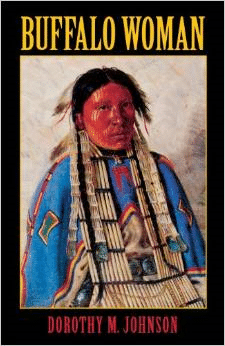
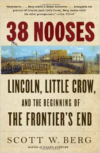
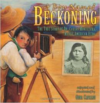
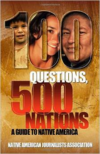
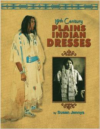
Reviews
There are no reviews yet.